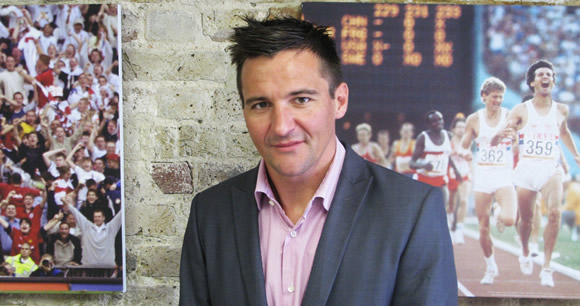Team sponsors focus activation on domestic markets to gain cut-through during Rugby World Cup- Rupert Pratt
October 4, 2011
Team sponsors are having to focus on activation in their domestic markets during the tournament because of IRB restrictions on promotion at the tournament. Other companies involved in rugby union are capitalising on the opportunity to push their credentials in the sport.
The IRB is very tough on the whole area of national team sponsors activation, diagnosis much more so than Fifa and Uefa [in soccer]. They have tried to impose draconian restrictions, which have now lessened slightly.
To effectively promote their association with rugby, team sponsors must focus on classic domestic activation. Effective team sponsorship relies heavily on rugby unions offering their key partners opportunities for better cut-through, particularly around media interviews and partnerships.
Losing the shirt branding [national team jerseys must be free of their usual sponsorship logos during the Rugby World Cup] does impact TV ROI but there is a huge opportunity to be really creative and focus around the fans to create emotional engagement and cut-through, as opposed to some of the more generic above-the-line campaigns the worldwide sponsors have rolled out. The O2 breakfast campaign is a great example of an effective England sponsorship activity.
DHL, the express and logistics company, which is an official Rugby World Cup sponsor, has benefited from prominent branding at pitchside at Rugby World Cup matches but, in Europe, is having to fight for space with competitor FedEx, which is pushing its sponsorship of the Heineken Cup, the continent’s top clubs competition, at the same time.
Other companies such as McCoys, who are not currently involved in rugby union, have activated around the Rugby World Cup running on pack promotions. This is a more traditional ambush but very short-lived and one-dimensional and therefore doesn’t create any longevity or emotive engagement. They’d be better picking up some domestic rights and building those in too.
Europe is a key commercial market for global rugby and France, England and Ireland are commercial powerhouses. 2015 is happening on their doorstep and it’s going to be competitive with industry sectors competing to sponsor.
The quicker you get involved the more benefit from first-mover advantage – price of rights and timeline to exploit. 2011 would have been a fallow tournament commercially, 2015 is when the IRB makes hay.
{jcomments on}



